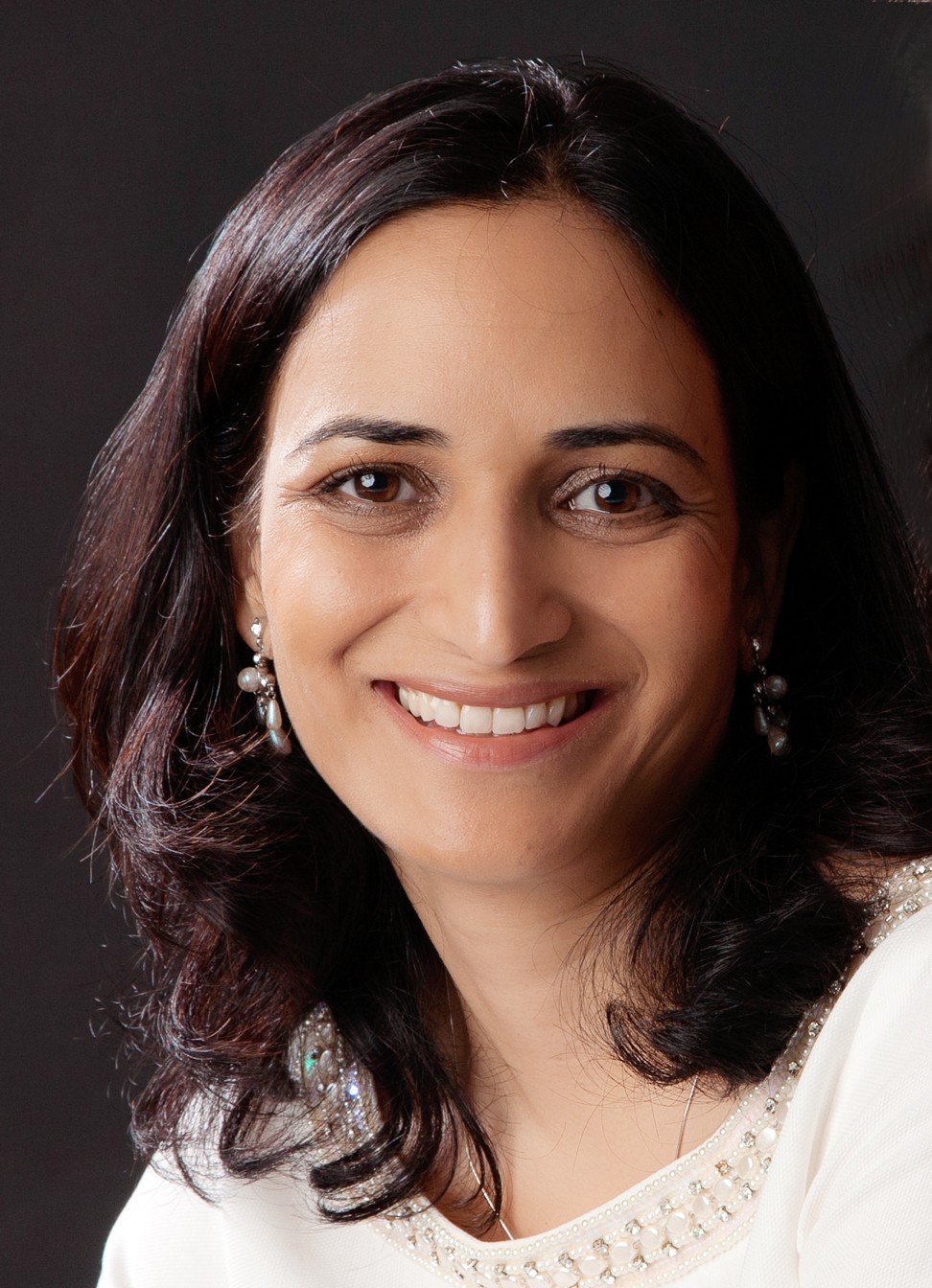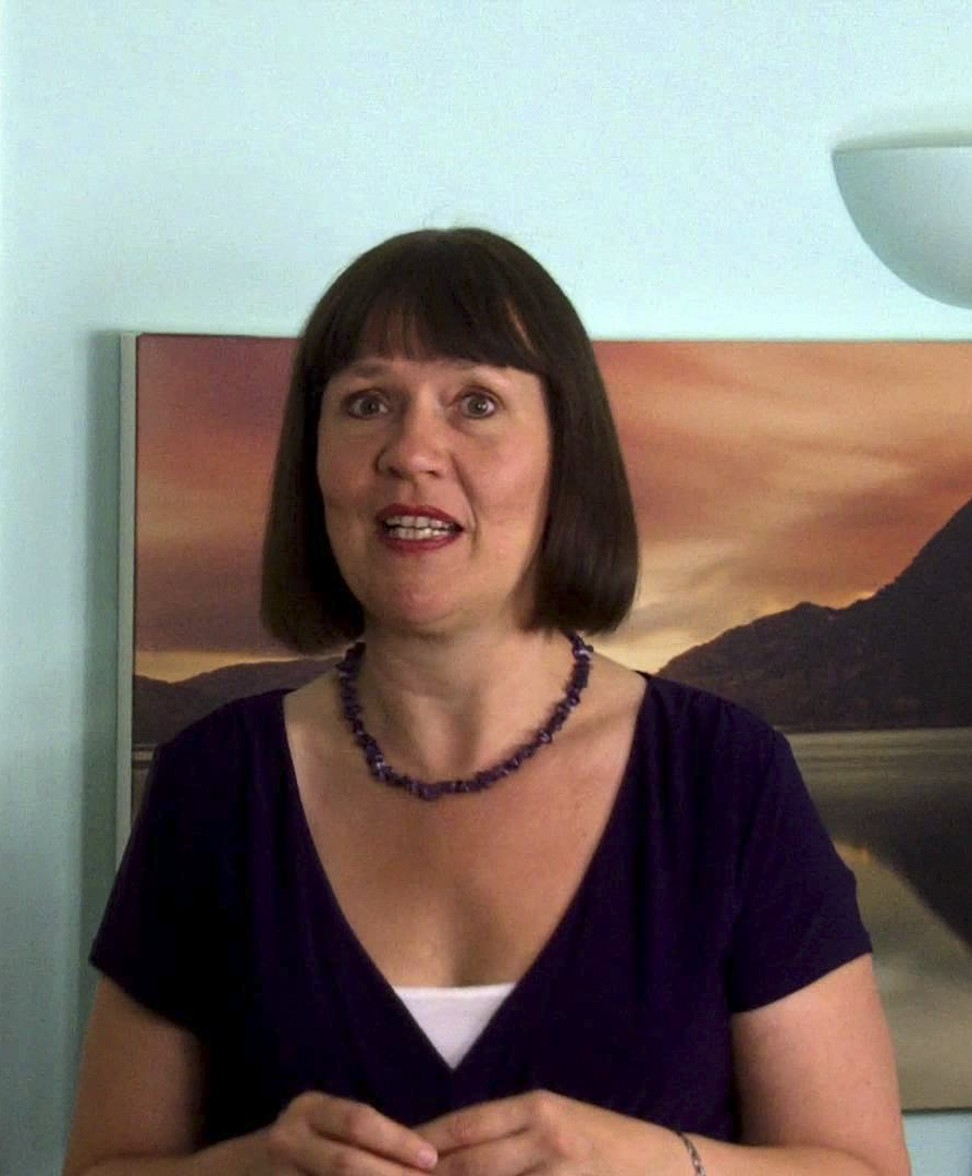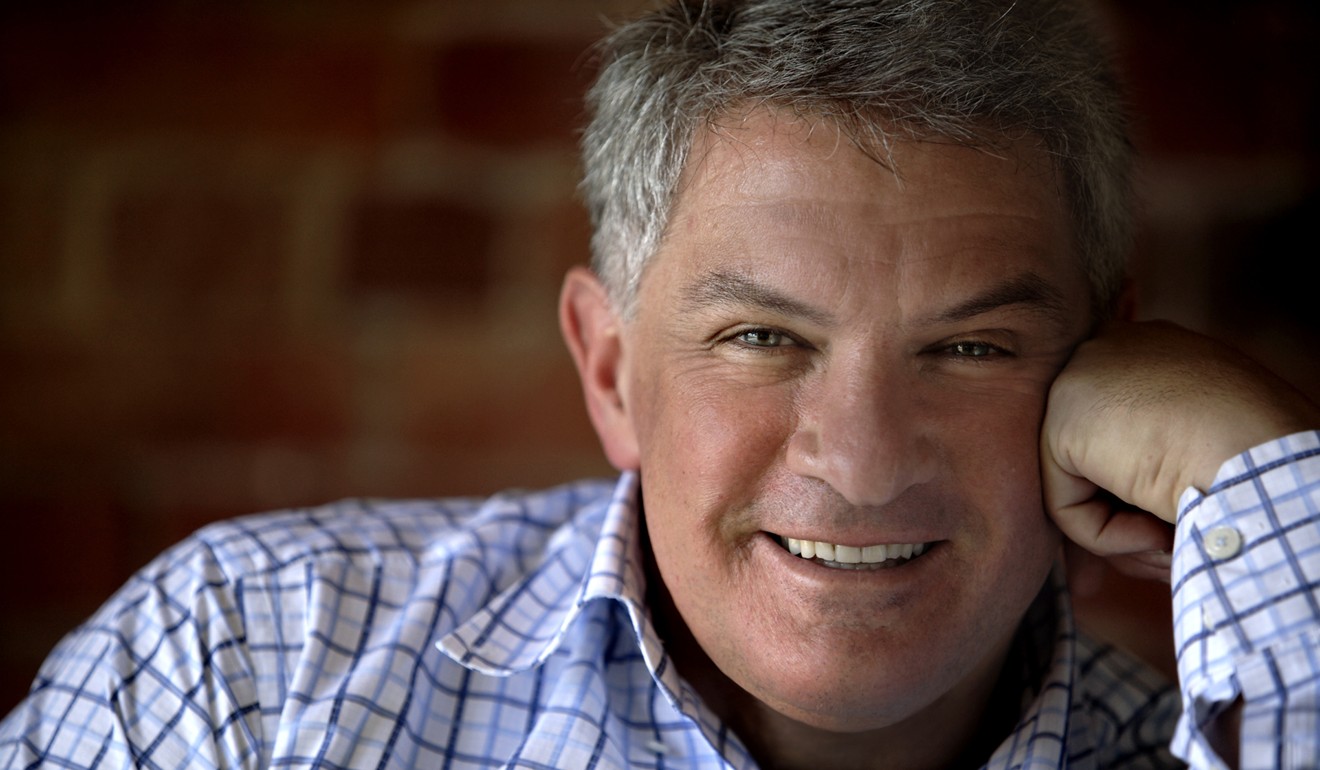
Parenting experts from around the world share their methods, mantras and ideals
We talked to parenting gurus from Asia, Europe, Australia and Africa to find out how they raise their own children and the values they think are most important
In a global search, we asked parenting gurus which mantras they have followed to raise their own children, what they think are the most important ideals to nurture in them, and the most valuable lessons they have instilled in their kids. This is what they told us:

Quratulain Zaidi, clinical psychologist, founder of MindnLife Psychology Practice, Hong Kong
Teach children to be kind to themselves and to others. This is how we grow empathy: the valuable capacity to understand what the other person is feeling, to understand another’s perspective.
Create a family environment where children feel comfortable sharing their thoughts and feelings, where they are validated and are not feel afraid to make mistakes.
Today’s kids expect instant results and rewards, so perseverance and hard work is undervalued because it’s too far in the future
Creating a supportive family environment requires continuous effort and the active participation of both parents and children, and an accepting, encouraging, patient and supportive parental voice for your children is important.
Why Hong Kong parents should not feel guilty about saying no
Don’t let kids give up too easily when the going gets tough. As a parent this is very challenging – especially in the age of the “instant gratification generation”. Today’s kids expect instant results and rewards, so perseverance and hard work is undervalued because it’s too far in the future.
Teach them how to handle setbacks and success; giving them opportunities to deal with uncomfortable feelings and difficult situations is key. Teaching them not to avoid difficult tasks like homework, or difficult situations like a tricky friendship, helps to build important resilience.

Mia Von Scha, transformational life and parenting coach, based in South Africa
Nobody is brilliant at something the first time they try. To get great at anything requires dedication, hard work and time. So never give up on something just because you’re not good at it. Always say to yourself: “I’m not good at it … yet.”
“Can’t” is a swear word in our house. We always replace it with “How can I?” If you say “I can’t” then your brain will stop trying and use its energy on something else. If you ask “How can I?” then it wants to solve the problem and opens up your creative thinking.
Never take other people’s opinions too much to heart ... whatever you do or say there will be people who support you and people who will challenge you.
Every day has both “good” and “bad” elements to it. We call it the roses and the thorns of the day. If you’re always focusing on the thorns you’re going to feel pretty scratched up. But if you take time to stop and smell the roses then you can always find something to be grateful for in every day.
Strange parenting trends down the years – and the latest fads
Never take other people’s opinions too much to heart. We are all filtering the world through what we already believe and through the things that we ourselves need to work on. So whatever you do or say there will be people who support you and people who will challenge you.
So love and appreciate those who tell you you’re wonderful, and love and appreciate those who criticise and attack you. Together they will help you to reach your goals.

Elizabeth O’Shea, parenting coach, author, and director of Parent 4 Success, based in Britain
Every child should do jobs around the house for free – just because they are part of a family. If parents act like servants, children will treat them like servants Helping around the home helps prevent children growing up to feel entitled. It allows children to see themselves as contributing to the family, and helps children become more self-reliant, independent and confident.
What parents can do to help their kids get to school on time and be more organised
Notice the good things that children do. You get more of the stuff you pay attention to. If you notice a child’s bad behaviour, you’ll get more bad behaviour. If you notice all the good or just OK things your child does, they’ll do more of the good stuff.
Children often do the things that get their parents attention. When you praise a child, don’t use the words: amazing, great, fantastic, wonderful, or brilliant. That doesn’t give your child a clue about what they did right.
Notice the good things that children do. You get more of the stuff you pay attention to. If you notice a child’s bad behaviour, you’ll get more bad behaviour
Instead, start the sentence with “you …” or “I noticed you …” So: “You cleared away your plate and cup. That was very helpful.” “I noticed you hung up your towel after your shower. That was thoughtful.” The added bonus is, by noticing the good things, your child’s self-esteem will improve and as a result they will be much more cooperative.

AUSTRALIA
Michael Carr-Gregg, psychologist, broadcaster and a specialist in parenting
Don’t be dragged into arguments. There is an old Texas saying: “Never wrestle with a pig in the mud, because you both get dirty and the pig loves it.”
Don’t worry about untidy rooms. No one has ever died from an untidy room
Keep calm. When my son finished his bottle as an infant, I would often sling him over my shoulder and burp him. He would more often than not throw up on me. I did not, as his dad, turn around and vomit on him.
When dealing with a teenager who is upset and shouting, you should not shout back. Instead, say kindly, without being condescending: “I can see we are getting upset, let’s leave it for now and we can talk later.”
Bright sparks on mission to educate Hong Kong’s needy children
Don’t worry about untidy rooms. No one has ever died from an untidy room (often called a “floordrobe”). Allow the natural consequence of their actions to occur. For example, they can’t find stuff, clothes don’t get laundered. That’ll be much more effective than you giving out about a messy bedroom.

